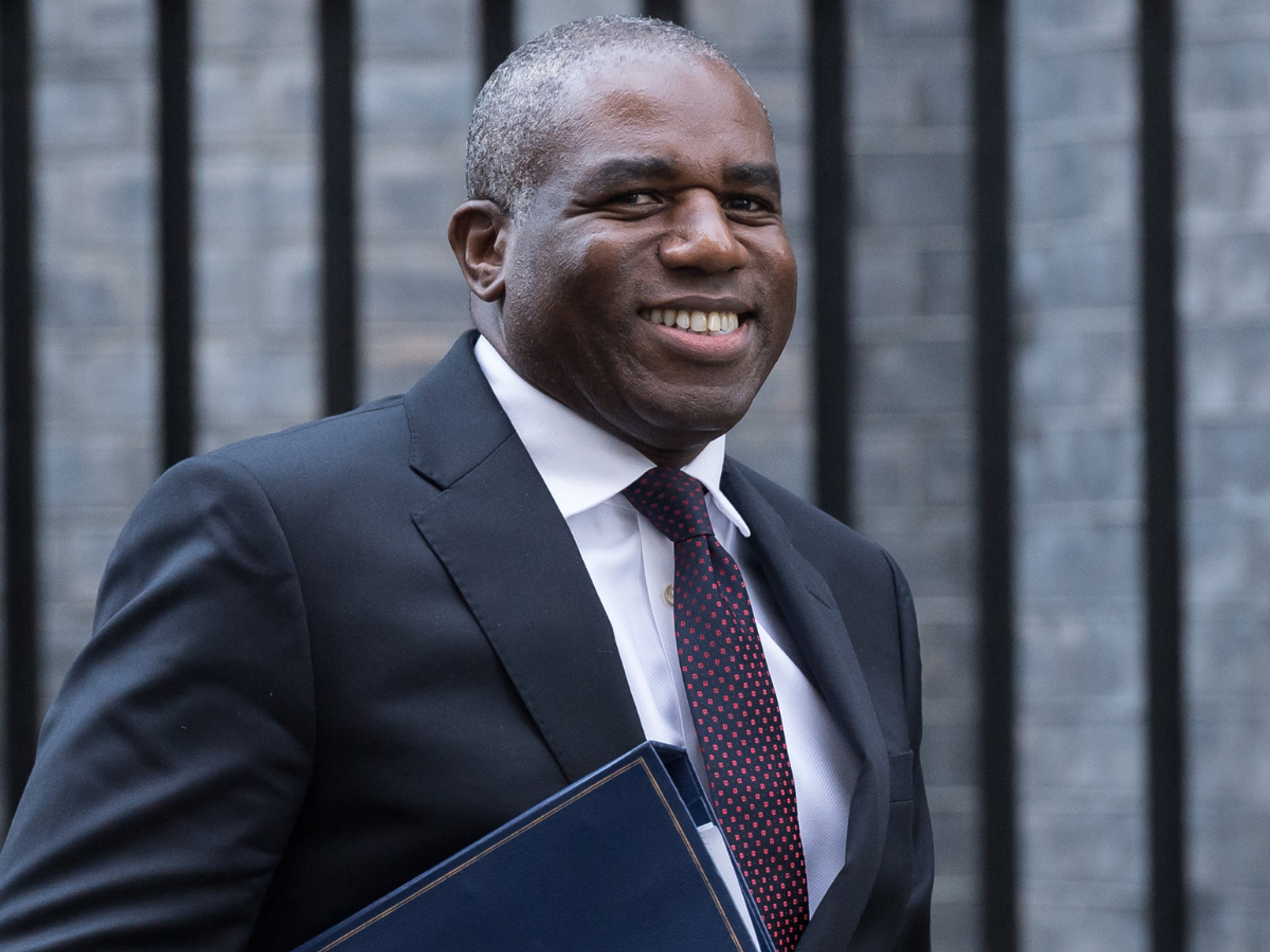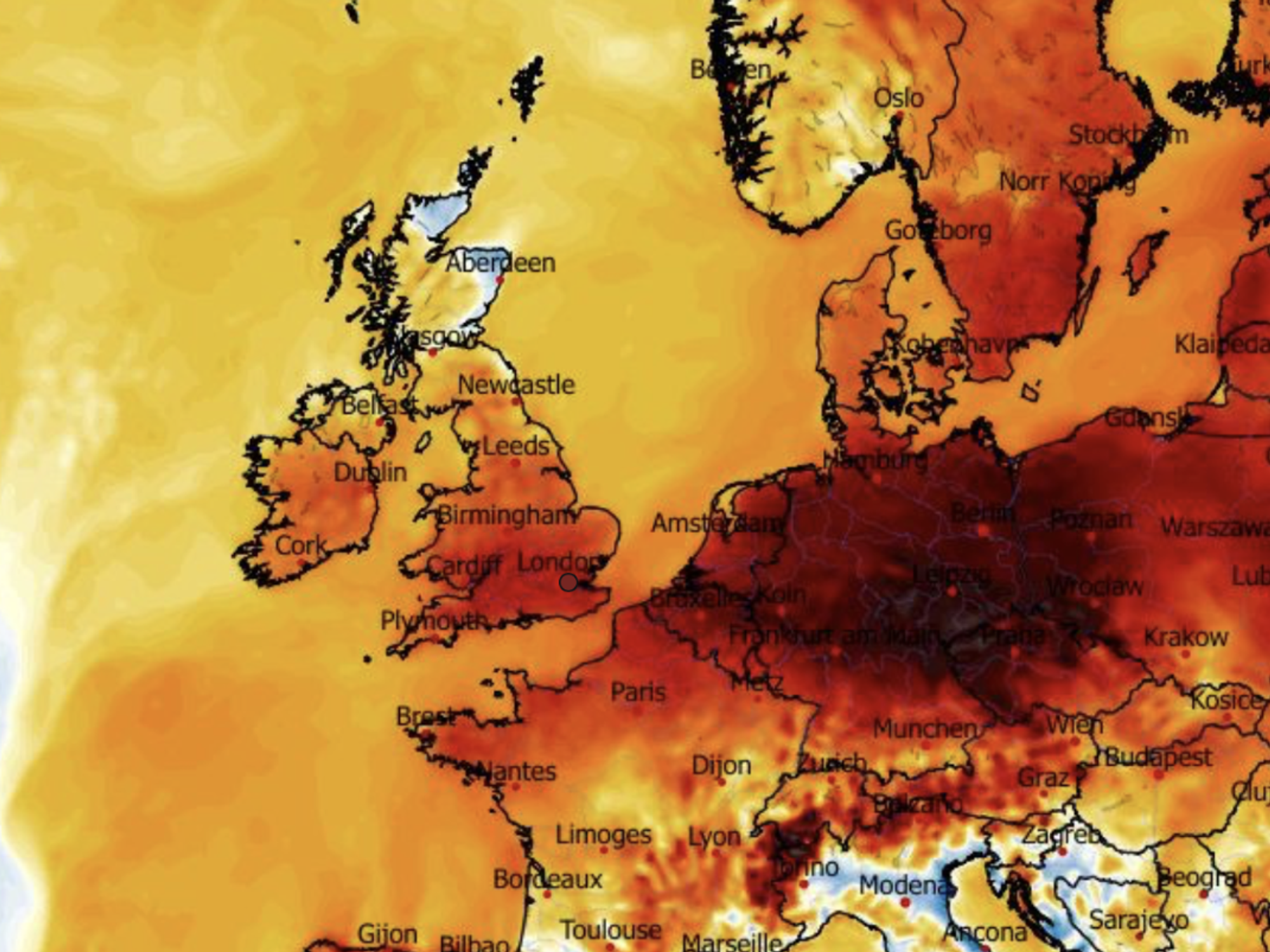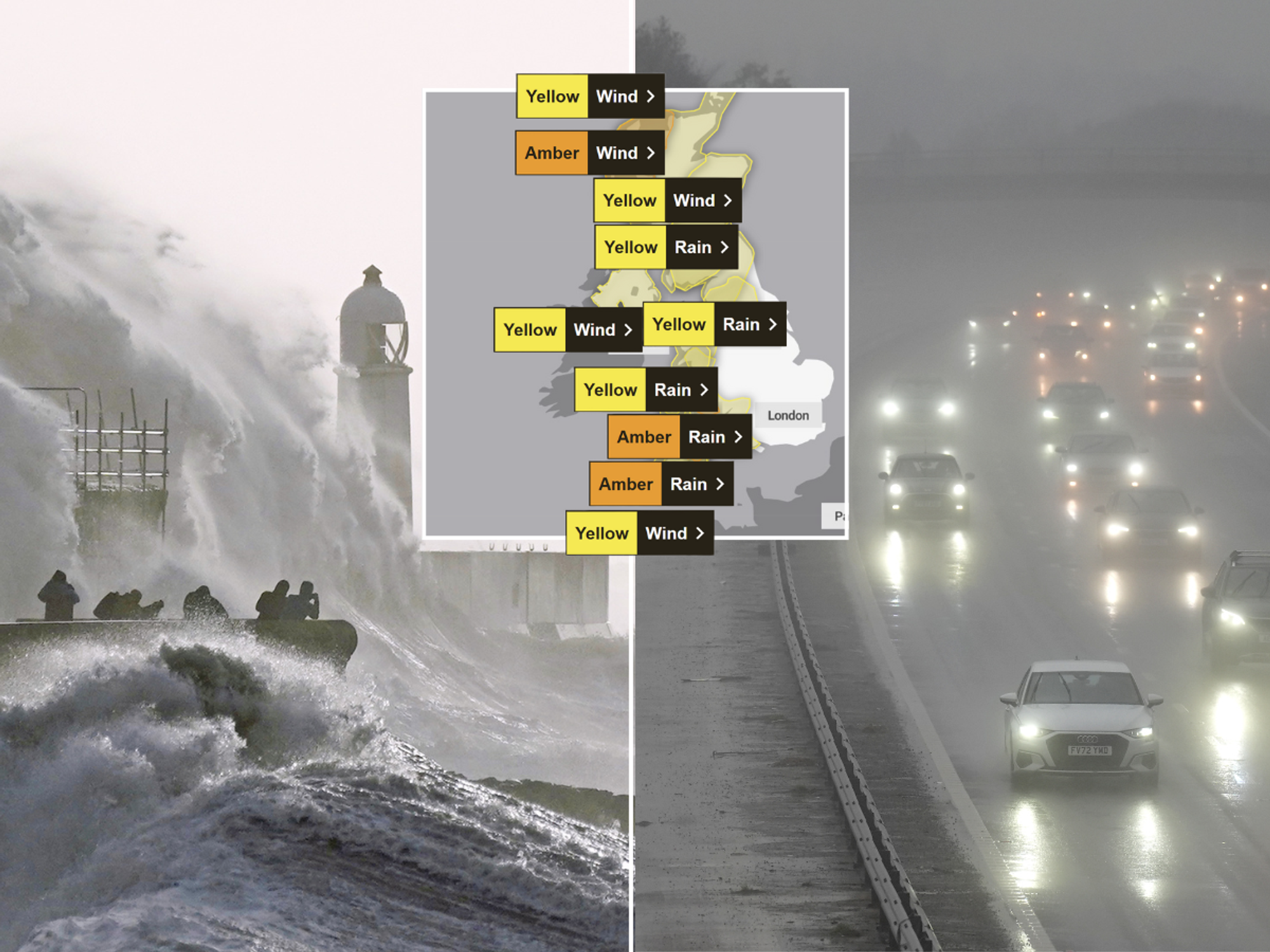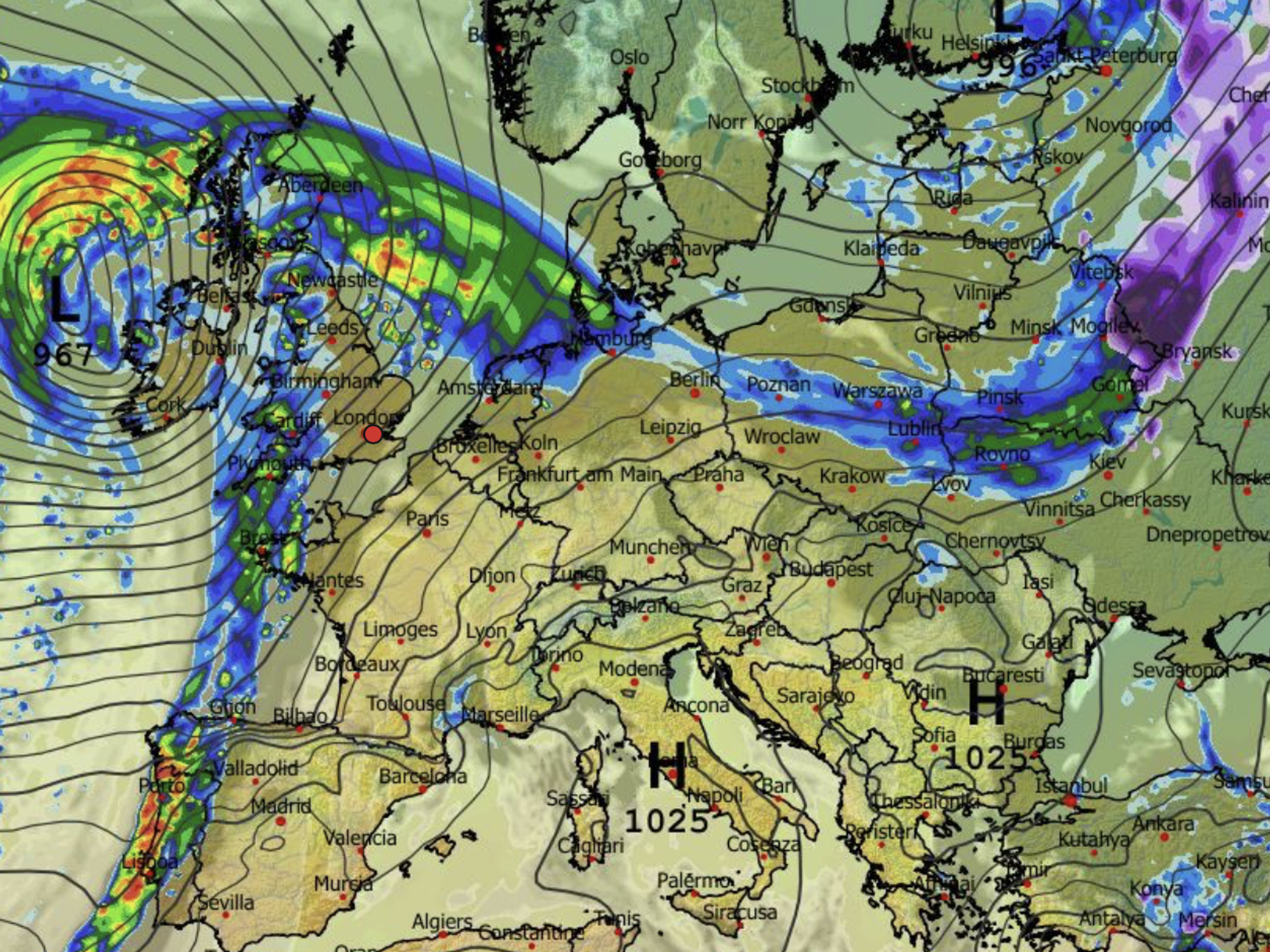DVLA forces hundreds of petrol and diesel vehicles off the roads for failing to pay taxes
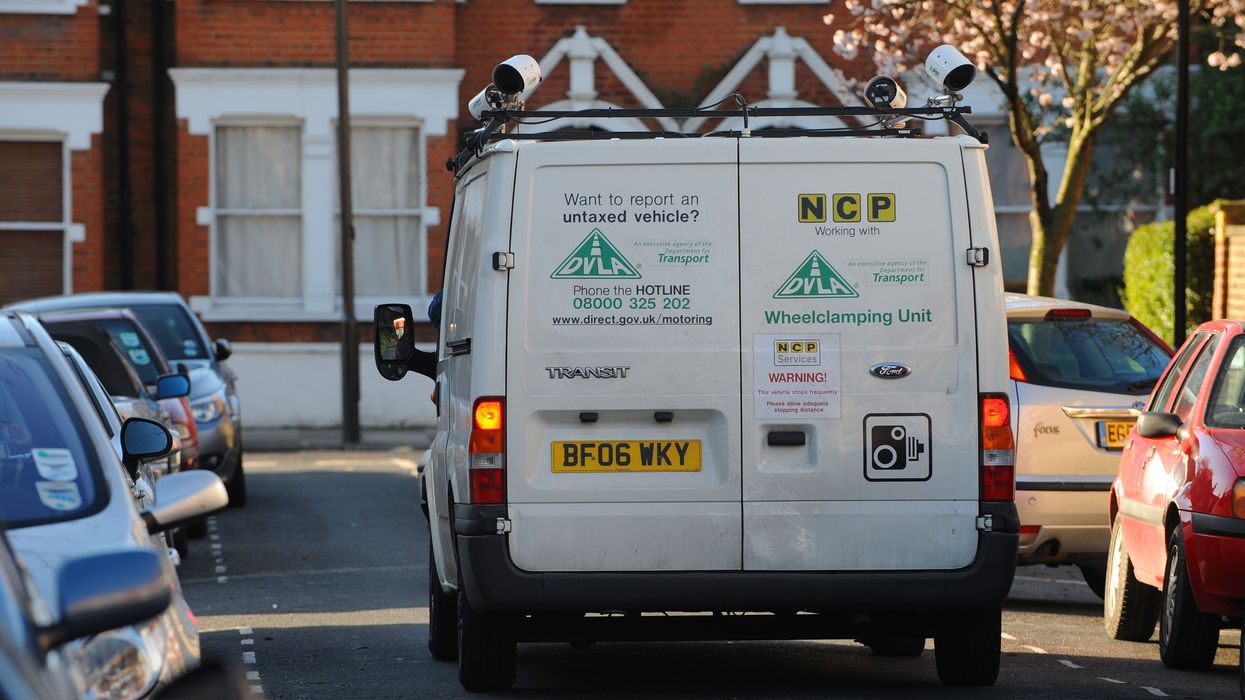
The DVLA can clamp vehicles if they have not paid their car tax | PA

New tax changes will come into force in April 2025
Don't Miss
Most Read
Latest
Roughly 200 vehicles have been clamped by the DVLA in a major region for failing to pay its vehicle tax.
According to official reports, the DVLA clamped 180 vehicles in the Scottish region of Perth and a further four cars in Kinross.
The crackdown follows warnings from the DVLA to either “tax it or lose it” with the agency taking tax avoidance seriously.
The DVLA had previously warned drivers on social media to pay their vehicle tax before it runs out or they too could end up in a similar situation.
Do you have a story you'd like to share? Get in touch by emailing motoring@gbnews.uk
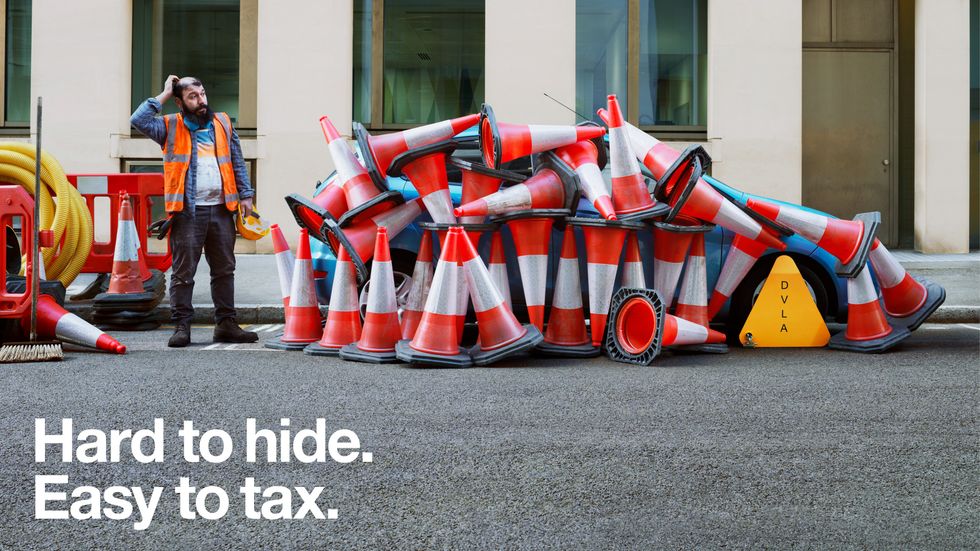
The DVLA has returned to social media to warn drivers to pay their taxes
| X/DVLATo drive on UK roads, motorists must pay Vehicle Excise Duty which is a tax for most types of vehicles used or kept on public roads in the UK. It is paid directly into the Consolidated Fund.
Motorists who do not tax their vehicle can face financial penalties, court action and the risk of having their vehicles clamped or impounded.
According to the DVLA, despite more than 98 per cent of vehicles being correctly taxed, it’s “right that DVLA takes action against those who continue to break the law and evade taxing their vehicle”.
The agency said: “Taxing your vehicle is always the easiest and cheapest option. It’s never been easier to tax your vehicle.
“If you need to tax your vehicle, you can do so quickly and securely online 24 hours a day, seven days a week. You can even pay by Direct Debit to spread the cost of your vehicle tax.”
The need to have a correctly taxed vehicle has become more important as new measures come into force next year which will see cars pay additional costs.
Under the new VED change, the rates drivers with higher polluting cars will need to pay to have their vehicle on UK roads has increased.
The average petrol car produces roughly 140 grams of CO2 emissions while a diesel car produces more at 164g.
Motorists with vehicles that fall in the 131g to 150g of CO2 per kilometre threshold, will now pay an upfront cost of £270 for a petrol car, £680 for a diesel car and £260 for alternative fuel cars, such as hybrid models.
The roughly £35 hike in costs comes as both inflation, the rising costs of fuel and the Government's own agenda to get people to drive more eco-friendly cars, came into force.
Vehicle tax rates for cars registered between March 1, 2001, and March 31, 2017, will also see increases unless their vehicles produce less than 120g/km.
Drivers with vehicles between car tax bands D and L can expect to pay between £10 and £35 more compared to last year.
LATEST DEVELOPMENTS:
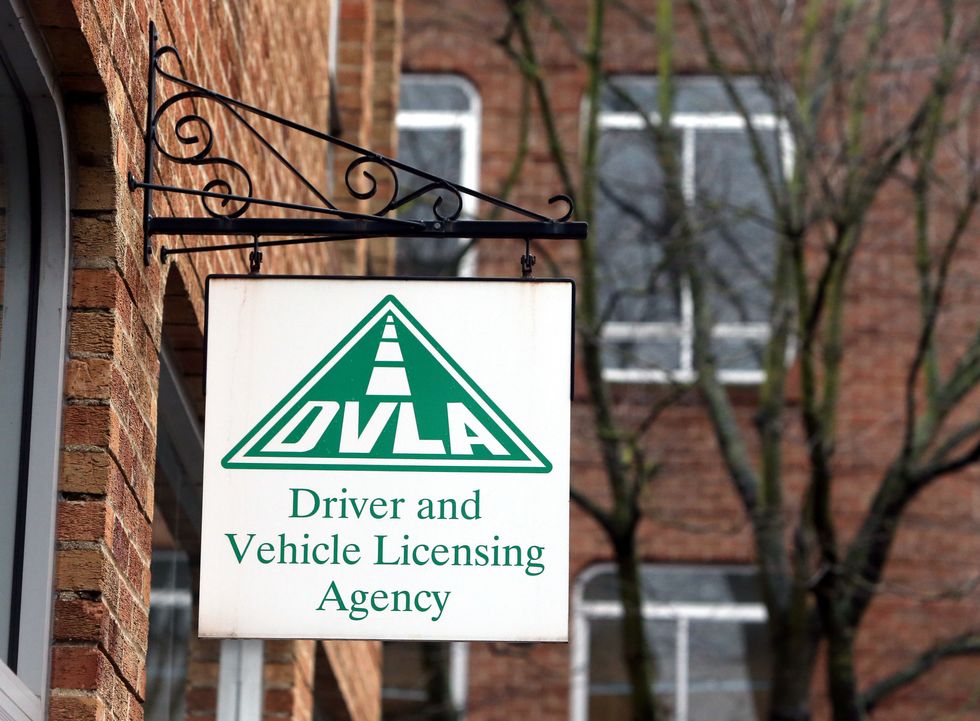
The DVLA to raise VED rates next year
| PAThe final tax band, M (over 255g/km), will see a £40 price hike, with almost all car tax payments becoming more expensive if they choose to pay using Direct Debit instalments.






